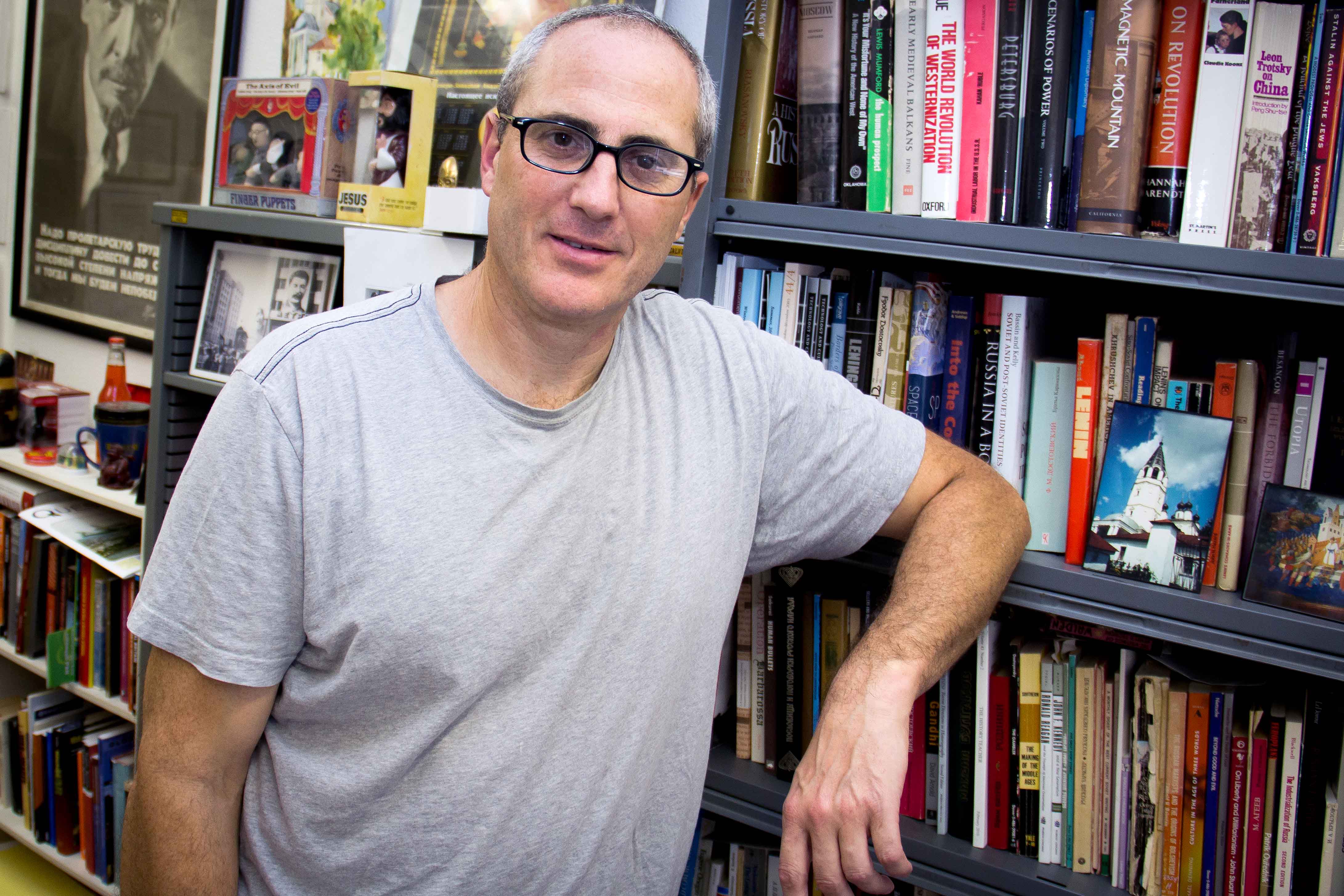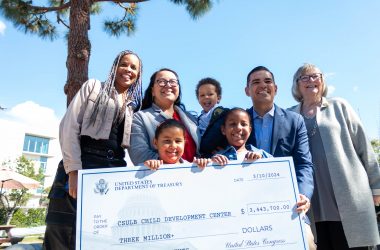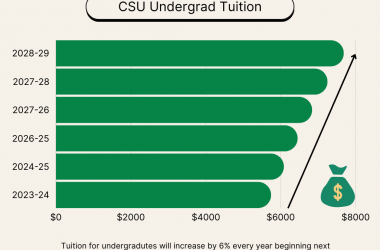Cal State Long Beach has a NASA fellow, and he’s not in the engineering department.
Associate professor of history Andrew Jenks has been awarded a Fellowship in Aerospace History by the American Historical Association and NASA.
The fellowship is awarded annually to support scholarly research projects in the subject of aerospace history, according to the AHA website.
Jenks will also be awarded a $20,000 research grant, which he will use to research and write his next book, “Stepping Back from the Brink: Transnational Encounters in Space.” Jenks said his book will cover efforts of the Soviet Union and the United States in their pursuit of space exploration.
Jenks is currently conducting research in Washington, D.C., for his book.
“I’m walking back from the archive of NASA,” he said. “I’ve been going through almost every document here.”
Jenks has been delving into the National Archives as well as NASA headquarters, looking into not only the competition of space travel but also how it overpowered nationalistic ideologies.
“At first it was about military power,” Jenks said. “Basically, who could get an astronaut into space, then substitute that astronaut for a nuke. But what they found was the astronauts they sent up there would eventually feel the ‘overview effect’; they would see the entire globe and realize how fragile it is.”
Jenks has three published works: “Russia in a Box: Art and Identity in an Age of Revolution,” which explores the village of Palekh, a Russian center of arts and crafts in the 19th and 20th centuries; “Perils of Progress: Environmental Disasters in the Twentieth Century,” which focuses on toxic waste disasters; and “The Cosmonaut Who Couldn’t Stop Smiling: The Life and Legend of Yuri Gagarin,” a biography of the first astronaut from the Russian Federal Space Agency.
Jenks, who teaches history of Russia and history of modern Europe, said that he studies Russian history to gain a better personal perspective on the U.S.
“The U.S. would use Russia as a way of representing who we were by representing Russia as who we weren’t,” he said.
Jenks said the grant money for the fellowship was awarded to CSULB so that, instead of teaching classes, he can devote his time to research.
“I’ll be traveling mostly to [Washington] D.C., but also back home to the Nixon Library as well as the Reagan Library,” he said.
In order to apply for the fellowship, Jenks said he wrote a 10-page proposal that presented his thesis and methods he would use to accomplish his research.
“I sent in the application, and they called me up and said, ‘Congratulations,’” he said.
Jenks will be back at CSULB Friday for the history department’s research seminar, where he will deliver his speech, “Hot Tubs, Hippies, and Space Cadets.” The speech will focus on the connection between the counterculture of the 1960s and the CIA’s and former Russian secret police and intelligence agency’s attempts at space exploration.
The seminar will be held in the history department conference room, Faculty Office 2-101A, from 3:30 to 5 p.m. The event is open to the public.




